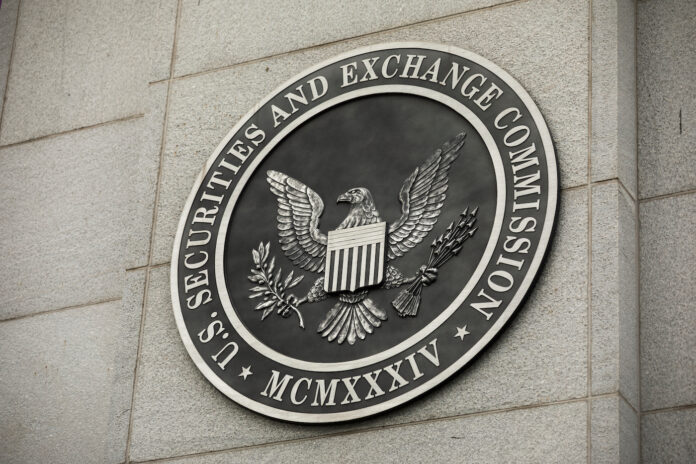WASHINGTON – Financially troubled Hightimes Holding Corporation, publisher of iconic High Times magazine, has agreed to pay the U.S. Securities and Exchange Commission (SEC) more than half a million dollars to settle charges the company “fraudulently promote[d] securities” during and after a Regulation A stock offering that began in 2018.
“From 2020 through 2021, Hightimes engaged in a scheme to deceive investors by paying undisclosed compensation for the purportedly independent recommendation from ‘Palm Beach Venture,’ an investment newsletter,” according to the SEC’s complaint. “Investors were given the misleading impression that Palm Beach’s endorsement of Hightimes was objective and independently formed when, in fact, Hightimes was paying for the promotion. Hightimes secretly paid Palm Beach’s chief analyst and author for this endorsement by lavishly entertaining him and through a sham consulting agreement with his affiliates, who funneled a portion of their Hightimes consulting fees to the analyst as payment for Palm Beach’s promotion of Hightimes.”
The agreed settlement prohibits Hightimes from continuing any “fraudulent conduct in the offer or sale of securities” under the Reg A offering that became invalid in June 2020 after the company failed to file required financial statements. The settlement is dated September 27. Nevertheless, on October 3 Hightimes continued to promote a Reg A+ campaign offering investors shares at $1 each with a minimum investment of $550.
In a separate civil action, Executive Chairman Adam Levin agreed to a final judgment imposing a permanent injunction on the stock scheme, a penalty of $111,614, and a three-year ban on serving as an officer or director.
According to the settlement agreement, from at least April 2020 through August 2021 Levin engaged “consultants” who paid securities analyst Jonathan William Mikula to promote Hightimes’ securities in his “Palm Beach Venture” newsletter, often with a false disclaimer “stating that neither the newsletter nor its affiliates receive compensation for bringing this deal to you.” The settlement agreement stipulated Levin either knew about the fraud or “acted recklessly in not knowing.”
In addition to payments funneled to him by Levin’s associates, Mikula also enjoyed about $100,000 worth of entertainment, including meals and bottle service at clubs, yacht trips, and attention from entertainers, at Hightimes’ expense. The SEC called Mikula “a recidivist securities law violator.”
During the period of the sham consulting agreement — most of which occurred after Hightimes’ Reg A registration expired — Hightimes raised approximately $20 million from thousands of investors, according to the settlement.
“Hightimes continued to offer and sell approximately $13 million in Hightimes securities in purported reliance on Reg A” until December 2022, the settlement added. During the period, “Hightimes falsely represented to investors that they were purchasing Hightimes common stock at a price of $1 per share, when in fact they were purchasing for $11 per share,” which was the Reg A-authorized price.
Neither Hightimes nor Levin was required to admit or deny the SEC’s allegations as part of the settlement. The company must remit $558,071 to the SEC within thirty days.
Hightimes, which Levin acquired in 2017, has been on a financial roller coaster almost since the beginning of Levin’s tenure. In a 2019 SEC filing, the company warned it might have to cease operations unless it could find a backer to underwrite $105.2 million in debt accumulated during an aggressive expansion phase during which the company acquired additional publications and festivals. The company is in default on a $28-million secured note held by ExWorks, which is in the final stages of receivership and seeking to collect outstanding debts.
Likely in an attempt to ward off wolves at the door, Hightimes agreed to sell its High Times, Cannabis Cup, and 420.com intellectual property to Lucy Scientific Discovery Inc. Although the mostly stock deal, which included a clause sharing a percentage of profits earned from the IP with Hightimes in semiannual payments over five years, was expected to close by late September, it apparently remains unsettled.













